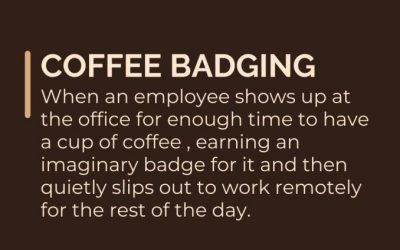This month the Office of National Statistics released the UK’s latest employment figures. Many experts have commented on some of the key statistics, the potential implications of the rises and the falls, and what it means for the labour market and technology sector. So here’s our summary of the important facts and figures.
This ONS report shows figures for May to July 2015.
- There were 1.74 million people working full-time, 361,000 more than for a year earlier.
- There were 1.82 million unemployed people (people not in work but seeking and available to work), 10,000 more than for February to April 2015 but 198,000 fewer than for a year earlier.
- The unemployment rate was 5.5%, unchanged compared with February to April 2015 but lower than for a year earlier (6.2%).
So, compared to last year the number of people in employment is up and the unemployment rate is down – that’s good, right? Well yes, but there still continues to be a record number of job positions being posted and a large volume of candidates applying for these jobs, yet still 1.82 million people unemployed. One theory to explain this problem, is the ever discussed ‘skills shortage’, or perhaps more accurately a mismatch of skills, between available candidates and the expectations of employers.
15% of Employers Reported That They Had Employees With Skill Gaps
One recent piece of research reported that in the last year 83% of CFOs had to offer salaries above what they were originally prepared to, in order to secure the right candidate for the job, with the right skills. The Employer Skills Survey’s most recent data also found that “15% of employers reported that they had employees with skill gaps, equivalent to 1.4 million staff or 5% of the workforce.” And it’s important to point out that this is only what is reported, many employees are unlikely to admit to, or possibly even recognise, skills gaps. All of this data and evidence builds a strong case for the fact that the skills gap is a long-term problem that the country is facing.
Employers Invest £42.9bn in Training
KPMG’s ‘Report on Jobs’ for August found that the demand to fill permanent tech jobs rose over the summer, as many tech professionals felt confident enough in the market and demand for their skills, that they took the summer off completely! I’m sure there’s plenty in the industry who would contest this view, but it does seem to be true that IT is not the sector most at risk. Changes and developments in technology can be some of the most significant and fast moving changes that can lead to very specific skills shortages. However, employers invested £42.9bn in training in 2013, and Mark Beatson, chief economist at the CIPD stressed recently, the importance for employers to continue to invest in technology to avoid the prospect of increased skills shortages.
Education is often on the receiving end of complaints about the lack of skills in the UK, however the gap between choices made at school, college or university, and the options once ready for employment, can be vast. Similarly, particularly with ever developing technologies, education policies take time to implement, causing a gap there too.
The UK Population Grew by Almost 8% Between 2004 and 2014
However, it’s also worth noting that the UK population grew by almost 8% between 2004 and 2014, and most growth is down to international migration. The demand for labour is keeping up with the growth in the population well, and this year the average pay for UK workers has risen at its fastest rate for six years.
The figures are, on the whole, positive, however the underlying problems of a skills mismatch can lead to a detrimental effect on how organisations deal with their customers and manage to stay ahead of competition. Also, with more jobs empty, comes stress on other employees and increased workload. We’ll be keeping an eye on the markets and industry trends to follow the developments of the skills shortage debate.










